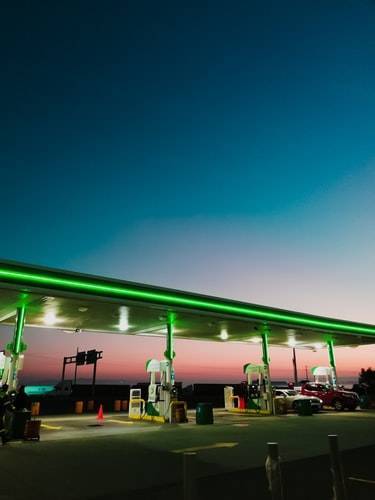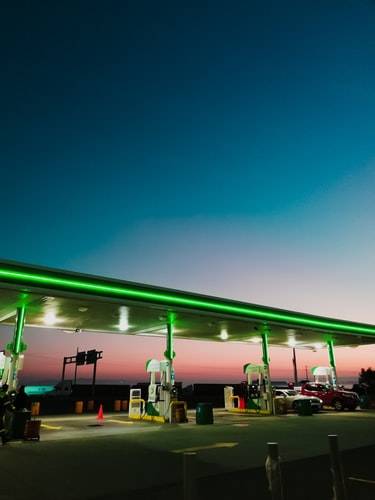The Lebanese government announced on Sunday that it has raised the official price of 95-octane gasoline by 66 percent, marking a partial reduction in fuel subsidies, following a severe fuel shortage crisis that has persisted for weeks. The General Directorate of Oil confirmed in a statement published by the National News Agency that the exchange rate of the dollar for fuel purchases is set at 8,000 Lebanese pounds.
On Saturday evening, the Lebanese presidency announced in a statement following a meeting chaired by President Michel Aoun, which was dedicated to addressing the crisis, the approval of a proposal from the Ministry of Finance to ask the Central Bank of Lebanon to open a temporary account to cover urgent and exceptional fuel subsidies. The statement added that the maximum value of the subsidy would reach $225 million to finance "the difference in the dollar exchange rate according to the Sayrafa platform and the rate of 8,000 pounds per dollar" for the purchase of gasoline, diesel, and household gas, as well as to maintain electricity plants until the end of September.
Lebanese leaders reached a short-term settlement on Saturday to maintain fuel subsidies, as announced by the offices of President Michel Aoun and caretaker Prime Minister Hassan Diab, in an effort to mitigate the significant shortage of petroleum products facing the country.
The Central Bank of Lebanon had previously announced the cessation of financing fuel purchases at the official dollar exchange rate, effectively halting subsidies and opening the door for imports to be priced according to the black market dollar rate, which is approximately 20,000 pounds. Since the summer of 2019, Lebanon has been experiencing a rapid economic collapse, exacerbated by the horrific Beirut port explosion on August 4 and measures to combat the coronavirus.
The exchange rate of the Lebanese pound against the dollar has gradually declined, losing over 90 percent of its value, with more than half of the population now living below the poverty line and rising unemployment rates. The international community requires the authorities to implement urgent reforms for the country to receive critical financial support to emerge from the cycle of collapse.




